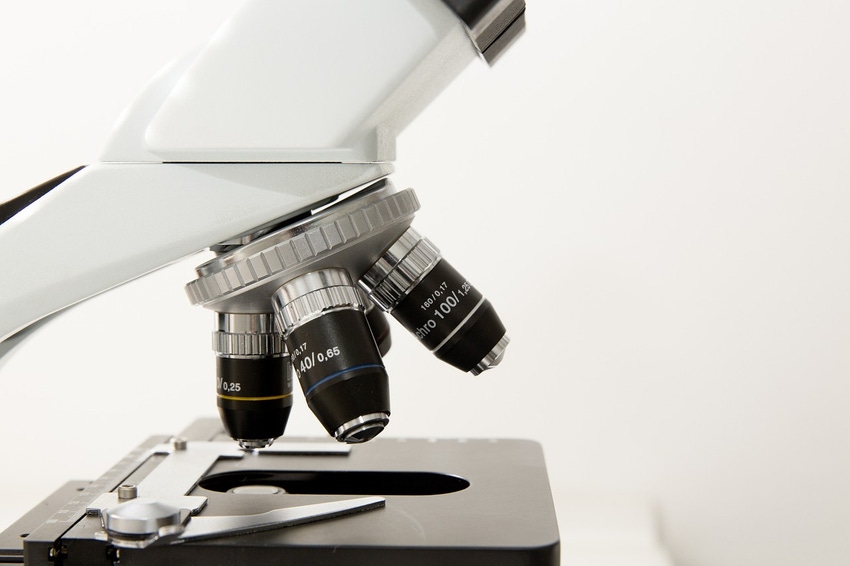EU court rules gene editing is genetic modification
Decision draws sharp criticism from scientific community.

The European Union Court of Justice ruled this week that using genome editing, also called mutagenesis, to alter living organisms is defined as genetic modification, drawing sharp criticism from the scientific community.
Genome editing is a technique that precisely edits an organism’s native genome, while traditional genetic modification modifies an organism by inserting foreign DNA. Scientists have explained that genome editing is a more efficient and precise method of manipulating genes. Genetically modified organisms (GMOs), on the other hand, contain DNA from other organisms.
According to the court, the Confédération paysanne, a French agricultural union that defends the interests of small-scale farming, together with eight other associations, brought an action before the Conseil d’État (Council of State, France) to contest France's legislation that exempts organisms obtained by mutagenesis from obligations imposed by the directive on GMOs.
“Confédération paysanne and the other associations take the view that the use of herbicide-resistant seed varieties carries a risk of significant harm to the environment and to human and animal health, in the same way as GMOs obtained by transgenesis,” the court stated.
It was in this context that the Conseil d’État asked the EU court to determine whether organisms obtained by mutagenesis are GMOs and whether they are subject to the obligations laid down by the GMO Directive, which would require food labeling for products using the technique of genetic modification.
The Court of Justice ruled that organisms obtained by mutagenesis are GMOs within the meaning of the GMO Directive “in so far as the techniques and methods of mutagenesis alter the genetic material of an organism in a way that does not occur naturally.”
The court did state that the GMO Directive does not apply to organisms obtained by means of certain mutagenesis techniques, namely those that have conventionally been used in a number of applications and have a long safety record.
Professor Wendy Harwood, senior scientist of crop genetics with the Crop Transformation Group at the John Innes Centre, condemned the decision, saying, “The European Court of Justice opinion that organisms obtained by mutagenesis are GMOs and, therefore, subject to the obligations of the GMO Directive is a disappointing setback for the use of valuable new technologies in crop improvement.”
She added, “Every single plant on our planet is here because of mutations occurring during evolution. Human society as we know it relies on the deliberate selection of mutations to improve food crops.”
Harwood explained that the same outcomes achieved by the exempt older techniques can also be achieved using newer, faster and more precise mutagenesis methods.
“Treating the plants derived in different ways is not a logical approach based on the scientific evidence. This decision could have major negative impacts on our ability to respond rapidly to the challenges of providing sufficient, nutritious food under increasingly challenging conditions,” she added.
Professor Johnathan Napier, research leader at Rothamsted Research, called the decision “a very disappointing outcome” and “one that will hinder European innovation, impact and scientific advance.”
“The classification of genome-edited organisms as falling under the GMO Directive could slam the door shut on this revolutionary technology. This is a backward step, not progress,” he said.
Genus PIC, a leading swine genetics company that touts non-GMO breeding stock, also expressed disappointment in the ruling but said it is hopeful that the decision will bring to the forefront the debate about how to best manage the risks and harness the undeniable benefits of the technology.
“Genus is committed to continued engagement with regulators in Europe and other geographies as well as with consumers as we realize the benefits of this technology in a responsible manner,” the company said.
About the Author(s)
You May Also Like



